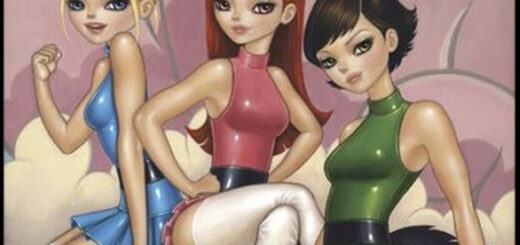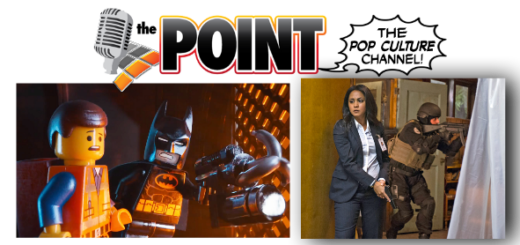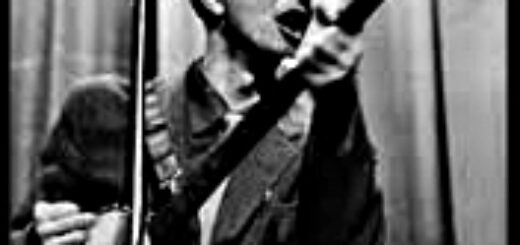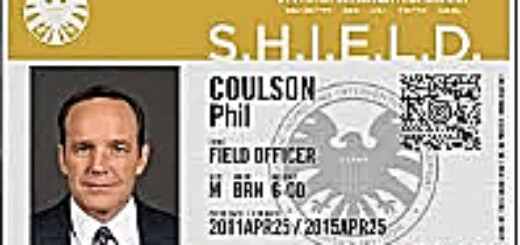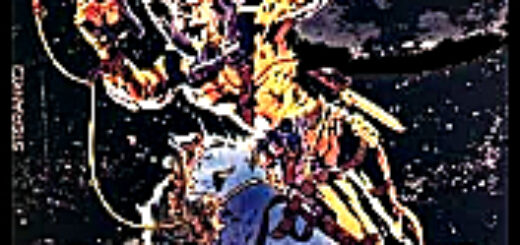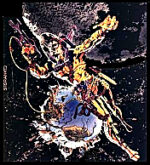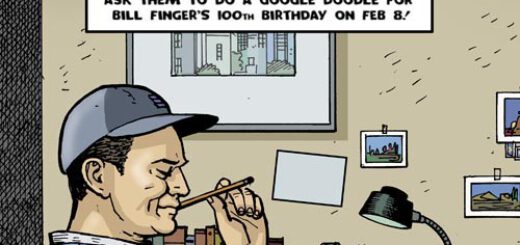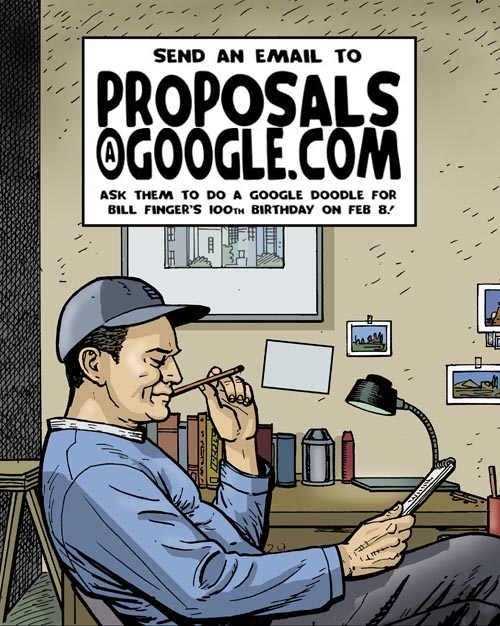John Ostrander: Upsides & Downsides of Writing
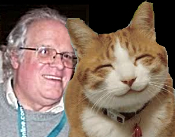 There are some days that I love being a writer. When the everything is cooking, when the words are flowing, when the characters are speaking to you, when you’re on the top of your game, it’s all magic. That’s not every day. Not by a long shot.
There are some days that I love being a writer. When the everything is cooking, when the words are flowing, when the characters are speaking to you, when you’re on the top of your game, it’s all magic. That’s not every day. Not by a long shot.
There are the days when you’re staring at the screen and it stares back – and the screen does not blink. You pray and the gods/patron saints (depending on your belief system) do not smile, do not answer, do not share their favor with you. There are days when I have considered offering blood sacrifices to these gods/saints. On those days, the cats hide.
I make my living off of my writing. There are upsides and downsides to that. On the upside, I’m my own boss. On the downside, I frequently hate my boss. He always knows when I’m goofing off and I can hear his voice in the back of my head saying, “Are you making money doing that?” It’s hard to get a day off; there’s no paid holidays, there’s no paid sick days, no paid vacation.
On the upside, I work out of my home. The commute’s a breeze. The only traffic jam is when one or more of the cats gets in front of me as I head towards the office and decides to stroll or flat out lie down right in my path. A semi jack-knifing in front of you is not as likely to stymie your passage as completely as a downed cat. Swearing sometimes clears the path; sometimes it just gets me a blank look.
On the downside, it’s hard to get away from the office. It’s always there and that damned boss keeps on asking “When are you getting back to work?” Yes, I have my own separate office in my home and, yes, I could close the door. I’ve done that. I think there’s a small gravity well at my desk and it keeps sucking me back.
There’s the Freelancer’s Disease. If you’re offered work you tend to say “yes” even if you’re overbooked because you fear if you say “no” the aforementioned gods/patron saints won’t send you any more work. And there’s the corresponding Freelancer’s Nightmare when the work does stop flowing. Will the work ever come again; how will you pay bills, how will you eat if the work doesn’t come back? It’s not a rational fear but it’s a very real one and you can wake up in the middle of the night or first thing in the morning with an attack of it. Been there; felt that.
There’s a corresponding hope that lightning will strike. I was on a plane once and the guy next to me began talking. We were both in our forties. I told him what I did and he told me he was a corporate lawyer. I expressed some envy at him; he had a steady paycheck. He agreed and he said that was the problem: he knew how much he would make this year, and the next year, and pretty much ten years down the line. “You,” he said, “on the other hand, could be hit by lightning.” I could write something, come up with an idea or a concept that could make me millions. It could happen at any time. It hasn’t yet… but it still might.
That’s one of the things that keeps me at it, that and the joy I get when the writing works. I’m also too damn old to work in an office. I can’t see anyone hiring me. I really don’t have any marketable business skills and no résumé.
Nope, for better or worse, for all the upsides and downsides, writing is what I do. I’d better get back to it before the boss yells at me. Again.
The bastard.
MONDAY: Mindy Newell
TUESDAY MORNING: Jen Krueger
TUESDAY AFTERNOON: Michael Davis


